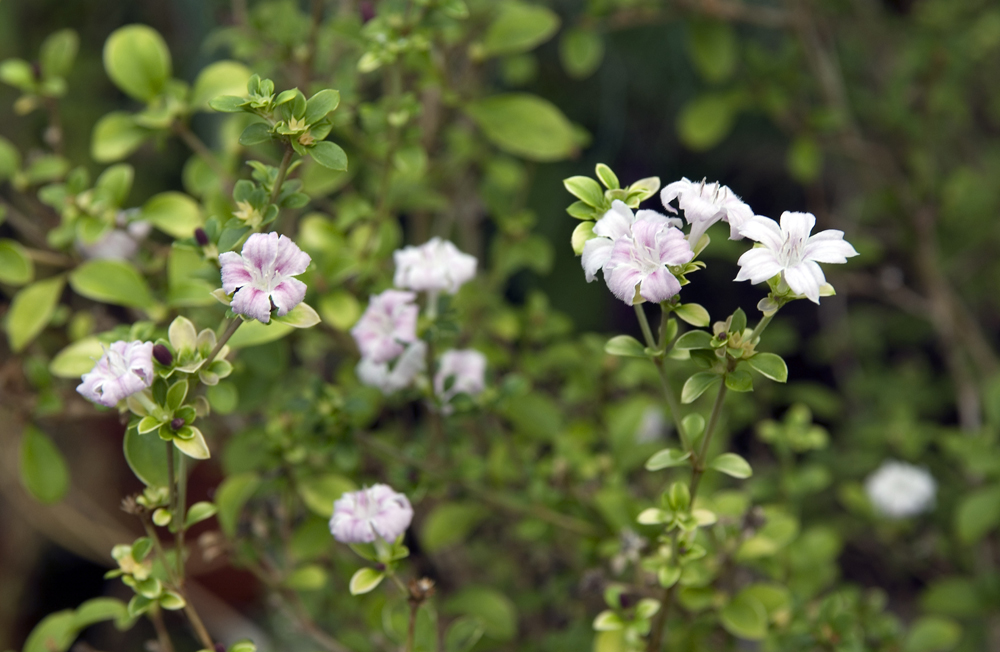The Tree of a Thousand Stars bonsai requires diligent care and attention to thrive. Proper watering, pruning, and sunlight are essential for its health.
The Tree of a Thousand Stars, also known as Serissa foetida, is a captivating bonsai species with tiny white flowers that bloom throughout the year. This bonsai tree is highly admired for its delicate appearance and intricate growth patterns. To maintain its beauty, it is crucial to provide it with the right balance of sunlight, water, and pruning.
Ensuring the soil remains slightly moist, but not waterlogged, is key. Regular pruning helps shape the tree and promotes healthy growth. This bonsai tree can be a stunning addition to any indoor or outdoor garden with proper care.

Credit: www.reddit.com
Getting Started
Begin by selecting a healthy plant. Look for shiny leaves and strong branches. Avoid plants with yellowing leaves or broken stems. Consider the plant’s size and growth pattern. Choose a plant that fits your space and style. Some popular bonsai trees are Ficus and Juniper.
You will need several tools to care for your bonsai tree. These include:
- Pruning shears
- Wire cutters
- Root rake
- Watering can
- Fertilizer
Make sure your tools are clean and sharp. This ensures proper care for your bonsai tree.

Credit: www.reddit.com
Planting And Potting
Tree of a Thousand Stars Bonsai Tree Care involves precise watering, optimal sunlight, and regular pruning. Ensuring proper soil mix and occasional fertilizing supports healthy growth.
Selecting The Perfect Pot
A perfect pot for your bonsai tree is very important. It should be large enough for the roots. A pot that is too small can harm the tree. Choose a pot with drainage holes. This helps to prevent water from sitting at the bottom. The material of the pot matters too. Ceramic and clay pots are very popular. They help to keep the soil moist. Ensure that the pot is also visually pleasing. It should complement the beauty of the bonsai.
Soil Requirements
Well-draining soil is essential for bonsai trees. A good mix includes akadama, pumice, and lava rock. These materials help to retain moisture. They also provide good aeration. Avoid using regular garden soil. It can be too dense and cause root rot. Fertilizer should be added during the growing season. This helps to provide the needed nutrients. Always check the soil regularly. It should be moist but not waterlogged.
Watering Needs
Tree of a Thousand Stars bonsai requires consistent watering to thrive. Ensure soil remains moist but not waterlogged for optimal growth.
Frequency And Amount
Water the bonsai tree regularly. Ensure the soil stays moist but not soggy. Check the soil daily to make sure it is not dry. During summer, water the tree more often. In winter, reduce the watering frequency. Use a watering can with a fine nozzle for gentle watering.
Signs Of Overwatering
Yellow leaves are a sign of overwatering. Root rot can also occur from too much water. The soil may smell bad if overwatered. Mushy roots indicate the tree is getting too much water. Let the soil dry out slightly before watering again.
Pruning Techniques
Pruning helps the bonsai grow well. Cut away dead branches first. Use sharp tools for clean cuts. Trim back new growth to keep shape. Always prune above a leaf node.
Shaping gives the bonsai its form. Use wire to guide branches. Do not wrap too tight. Remove wire after a few months. Shape the tree slowly over time.
Fertilization
The best fertilizers for your bonsai tree are balanced ones. Choose fertilizers with an equal mix of nitrogen, phosphorus, and potassium. Organic fertilizers are also a great choice. They release nutrients slowly and naturally. This helps the tree grow strong and healthy. Avoid using fertilizers with too much nitrogen. They can cause the leaves to grow too fast. This might make the branches weak.
Apply fertilizer once every two weeks. Do this during the growing season. Reduce the frequency in winter. Always water the tree before applying fertilizer. This prevents root burn. Use half the recommended amount on the package. This is safer for your bonsai tree. Spread the fertilizer evenly over the soil. Never apply it directly to the trunk. This can damage the tree.
Pest And Disease Control
Aphids, spider mites, and scale insects are common pests. These pests can harm the bonsai tree. Aphids suck the sap from leaves. Spider mites cause yellow spots on leaves. Scale insects leave sticky substances. These pests weaken the tree.
Regularly inspect your bonsai tree. Look for any signs of pests. Use insecticidal soap to control pests. Make sure the tree gets good air circulation. Avoid overwatering to prevent mold and fungi. Clean the leaves with a damp cloth. This helps remove pests and their eggs.
Seasonal Care
Caring for the Tree of a Thousand Stars Bonsai involves proper watering, pruning, and sunlight. Ensure the soil remains moist but not waterlogged.
Spring And Summer
Spring and summer are the growing seasons for bonsai trees. Water the tree more often as the soil dries out quickly. Fertilize the tree every two weeks to promote growth. Prune the branches to shape the tree. Move the tree to a sunny spot but avoid direct sunlight for too long.
Fall And Winter
Fall and winter are the resting seasons for bonsai trees. Reduce watering as the soil dries out slower. Stop fertilizing the tree during these months. Protect the tree from frost by bringing it indoors. Place the tree in a cool room with indirect light. Check the tree for pests regularly.

Credit: www.bonsai-bci.com
Conclusion
Caring for a Tree of a Thousand Stars bonsai can be rewarding. Follow proper watering, pruning, and sunlight guidelines. Enjoy the beauty and tranquility it brings to your space. With dedication and patience, your bonsai will thrive and become a stunning focal point in your home or garden.
Happy growing!

